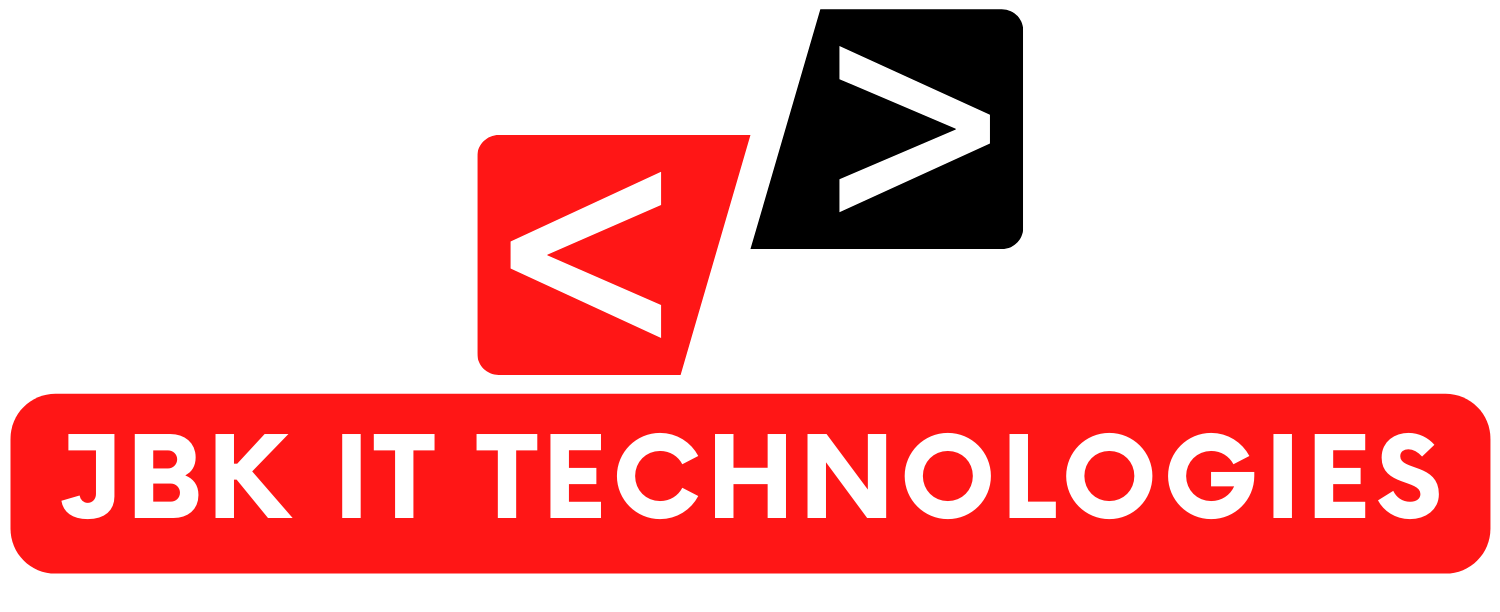The tech industry has experienced remarkable growth and transformation over the years, revolutionizing various aspects of our lives. In this we will explore the current situation in the tech industry, highlighting key trends, challenges, and opportunities that shape its landscape.
The tech industry today is characterized by unparalleled innovation and rapid advancements in various domains, including artificial intelligence (AI), machine learning (ML), cloud computing, cybersecurity, blockchain, and the Internet of Things (IoT). These cutting-edge technologies are driving digital transformation across sectors, empowering businesses, and reshaping the way we live, work, and interact.
One of the prominent trends in the tech industry is the widespread adoption of AI and ML. These technologies have become instrumental in automating processes, analyzing vast amounts of data, and enabling predictive capabilities. From virtual assistants and chatbots to recommendation systems and autonomous vehicles, AI and ML are revolutionizing industries such as healthcare, finance, transportation, and customer service.
Another significant trend is the proliferation of cloud computing. Cloud services have transformed the way organizations store, access, and manage their data. With the cloud, businesses can leverage scalable and flexible infrastructure, allowing them to focus on their core competencies without worrying about hardware and maintenance costs. Furthermore, cloud computing has facilitated the rise of Software as a Service (SaaS) models, providing users with on-demand access to software applications and services.
In recent years, cybersecurity has emerged as a critical concern for individuals, businesses, and governments alike. With the increasing frequency and sophistication of cyber threats, the tech industry has responded by developing robust security measures and solutions. From advanced encryption algorithms and multi-factor authentication to threat intelligence and behavioral analytics, cybersecurity has become an integral part of every organization’s strategy.
Blockchain technology has also gained significant attention in the tech industry. Originally known as the underlying technology behind cryptocurrencies like Bitcoin, blockchain has evolved beyond its financial roots. Its decentralized and immutable nature has the potential to disrupt industries such as supply chain management, healthcare, real estate, and voting systems, providing enhanced transparency, security, and efficiency.
The Internet of Things (IoT) has witnessed exponential growth, connecting billions of devices worldwide. This network of interconnected devices, ranging from smart home appliances to industrial machinery, is generating vast amounts of data. The tech industry is exploring innovative ways to leverage this data for insights and optimization, leading to the emergence of smart cities, connected healthcare, and efficient energy management systems.
While the tech industry offers immense opportunities, it also faces significant challenges. One of the primary concerns is the ethical and responsible use of emerging technologies. Issues such as data privacy, algorithmic bias, and the impact of automation on jobs require careful consideration and regulation. As the tech industry continues to push boundaries, it must address these concerns to ensure a fair and inclusive future.
Another challenge is the growing digital divide. Despite the remarkable progress, access to technology remains unequal, both globally and within societies. Bridging this gap and ensuring digital inclusivity is essential for enabling socio-economic development, empowering marginalized communities, and reducing inequality.
Additionally, the tech industry grapples with talent shortages and skill gaps. The rapid pace of technological advancements demands a workforce with the right expertise. Nurturing a pipeline of skilled professionals requires collaboration between educational institutions, industry leaders, and governments. Efforts to promote STEM education, provide upskilling opportunities, and encourage diversity and inclusion are crucial for the industry’s sustainable growth.
In conclusion, the tech industry is at the forefront of innovation, driving digital transformation across various sectors. With advancements in AI, ML, cloud computing, cybersecurity, blockchain, and IoT, the industry offers immense opportunities for businesses and individuals alike. However, ethical considerations, digital divide, and talent shortages remain significant challenges. By addressing these challenges, the tech industry can continue to shape our future, improve lives, and create a more inclusive and sustainable world.

